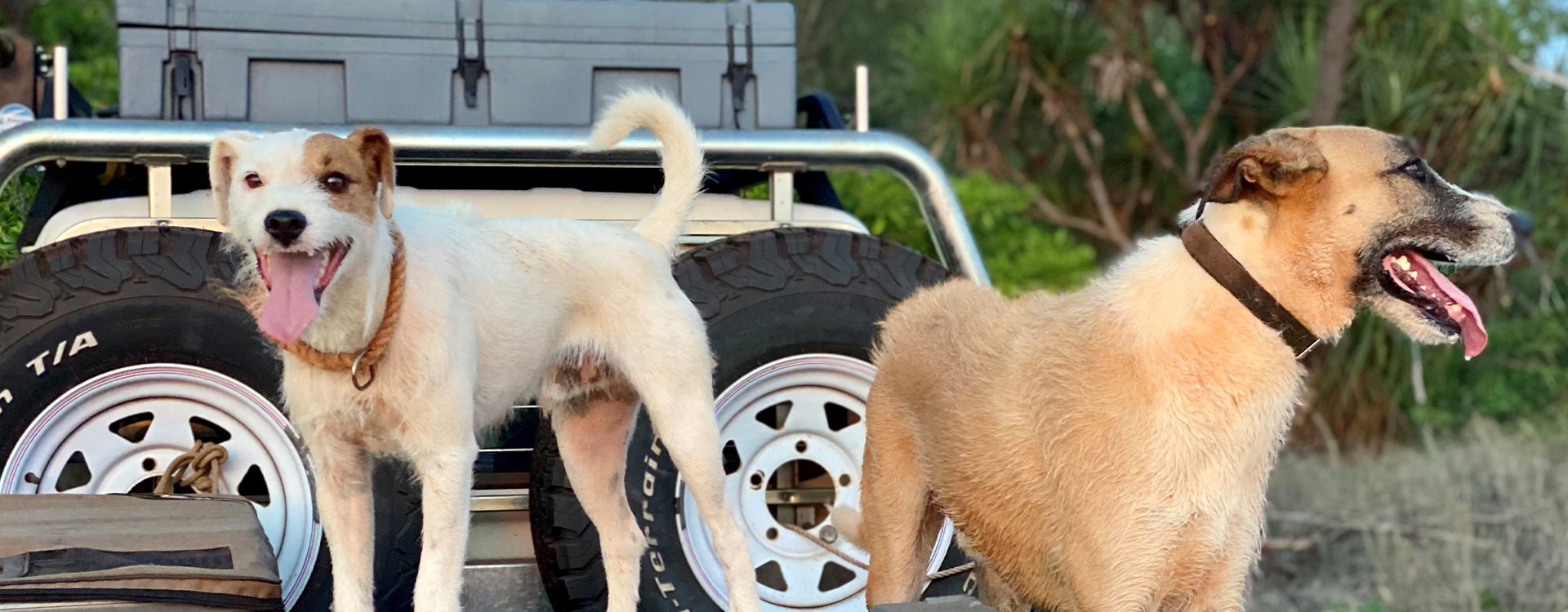
Bringing Animals to the Groote Archipelago
Domestic Dogs Travelling to the Groote Archipelago
All animals being transported to the Groote Eylandt Archipelago must have written permission from the ALC 14 days prior to arrival. This can be obtained by completing a Domestic Animal Application Form below.
Specific Conditions for Dogs
Before moving a dog to the Groote Eylandt Archipelago, the person responsible for that dog must:
- complete a Domestic Animal Application Form and
- provide a Dog Health Check Form completed by a qualified and practicing veterinarian.
These forms are available on the Land and Sea, Quarantine and Biosecurity section of the ALC website.
All dogs entering and moving around the Groote Eylandt Archipelago must be documented as:
- fully vaccinated,
- surgically desexed and
- healthy.
The person responsible for the dog must apply tick treatment to the dog seven days before moving it. The tick treatment must be registered for brown dog tick (Rhipicephalus sanguineus) and applied according to the manufacturer’s instructions.
If the dog becomes unwell following movement, the person responsible for the dog must contact the ALC Rangers 08 8987 6703 (business hours).
These conditions apply to all people bringing dogs to the Groote Eylandt Archipelago, including Traditional Owners and residents of all communities and outstations, such as the GEMCO township of Alyangula.
People moving to or living in the GEMCO mining township of Alyangula must register their dog with GEMCO by completing the Alyangula Dog Registration and Consent form.
Domestic Animal Conditions
For more information regarding species of animals that are prohibited or restricted to within the Groote Archipelago, please see the prohibited plant and animal species list.
